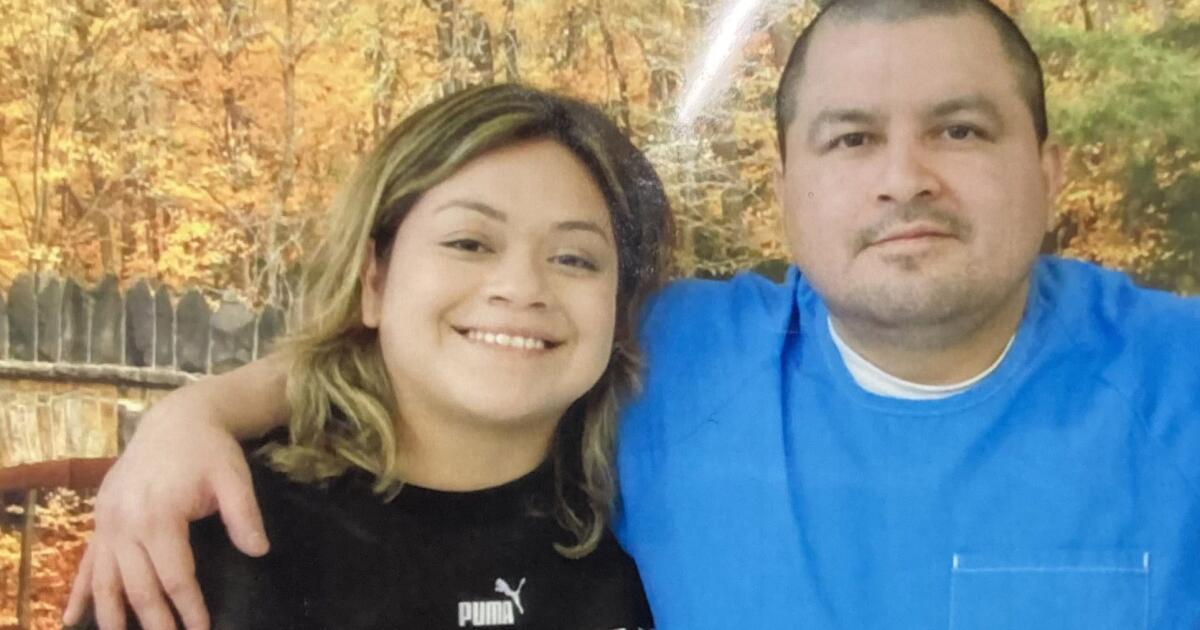The teenager kept crying and telling the detectives: This was wrong. He was innocent. Hours earlier, just before dawn, he had been awoken by a phalanx of officers who had stormed into the small Hollywood apartment he shared with his mother and sister. They had dragged him out of bed, brought him here and told him he had been identified as the shooter in a gang-related murder that had taken place on Sunset Boulevard a few months earlier. All that remained was for him to tell police what he had done.
At one point, officers left the room, and the teen pleaded with God to help the officers understand: He hadn’t killed anyone. But the officers would not accept that. They insisted the only way forward for him was to stop protesting his innocence and tell them how he had been involved
…
After hours of questioning, Lombardo Palacios, a refugee from Guatemala who had a passion for art and was fiercely protective of his younger sister, finally told officers what they had asked for — sort of. He said he had been at the scene, maybe in the morning, or maybe when “it was kind of late.” Maybe he had shot a revolver in the air, he said. Maybe he had pulled the trigger twice. Maybe the victims had been walking in a parking lot when they were shot.
…
Police would build a case against him and a young woman he said he did not know, Charlotte Pleytez, then 20 and pregnant, with the murder of Hector Flores, a former member of a rival gang. In 2009, they were convicted in L.A. County Superior Court, and both were sentenced to 50 years to life in prison. (Flores’ fiancee, sitting in the passenger seat, was shot and wounded in the same attack and survived.)
But, according to new findings from the L.A. County district attorney, neither Palacios nor Pleytez had any involvement with the crime. Palacios’ confession, said Dist. Atty. George Gascón, was false. Gascón told The Times this week that he is “convinced that not only are they innocent, but we believe we might know who committed the murder.”
…
Los Angeles County Superior Court Judge William C. Ryan reviewed the petition Tuesday, but there was a twist: Unexpectedly, the prosecutor who originally tried the case, Dayan Mathai, showed up to protest.
“I felt obliged to come before your honor and ask for an opportunity to file a declaration that sheds light on the credibility of some of the witnesses” who are supporting exoneration, Mathai said. He added that a victim also wanted to be heard.
Thomas Trainor, the prosecutor handling the case for the district attorney, said that after reviewing the court file, the district attorney’s file, the police file and trial transcripts, he was “very confident in the analysis” that led him to ask for the pair’s convictions to be set aside. Still, Trainor said, Mathai should be “given an opportunity to be heard.”
“I’m sorry to have to postpone this,” Ryan said. “I am.”
But he did, pushing the hearing to Nov. 1.
Archived at https://ghostarchive.org/archive/2mQmA



Not a new problem:
https://youarenotsosmart.com/2020/05/19/yanss-179-the-memory-illusion/